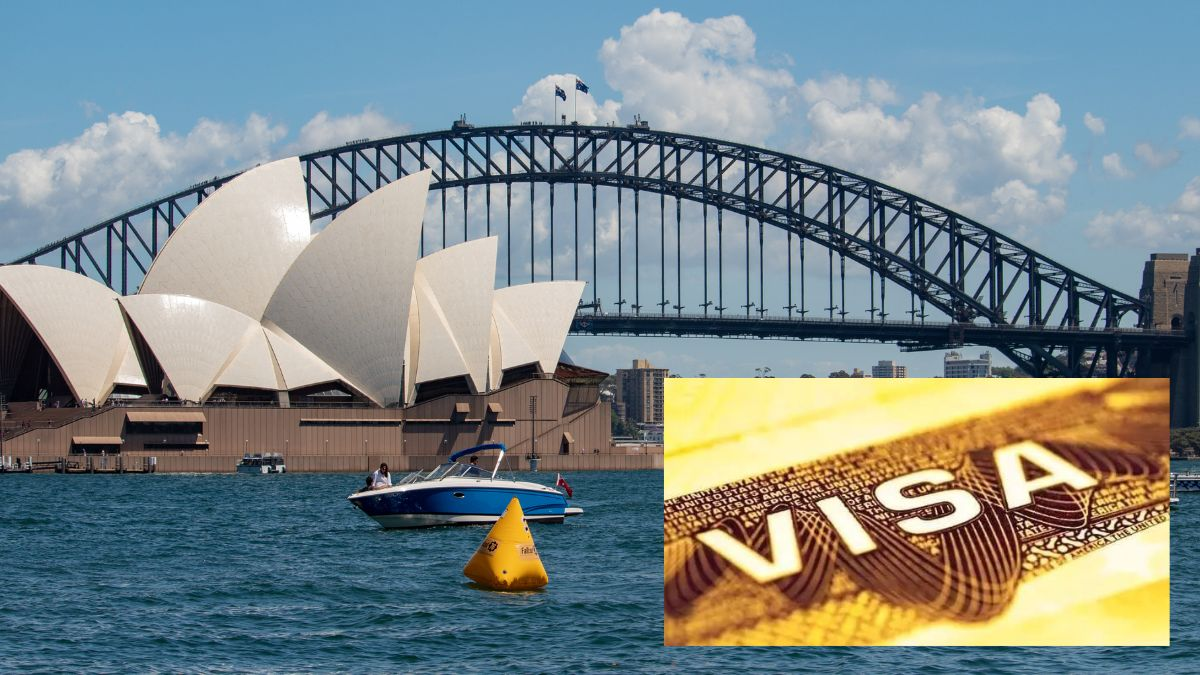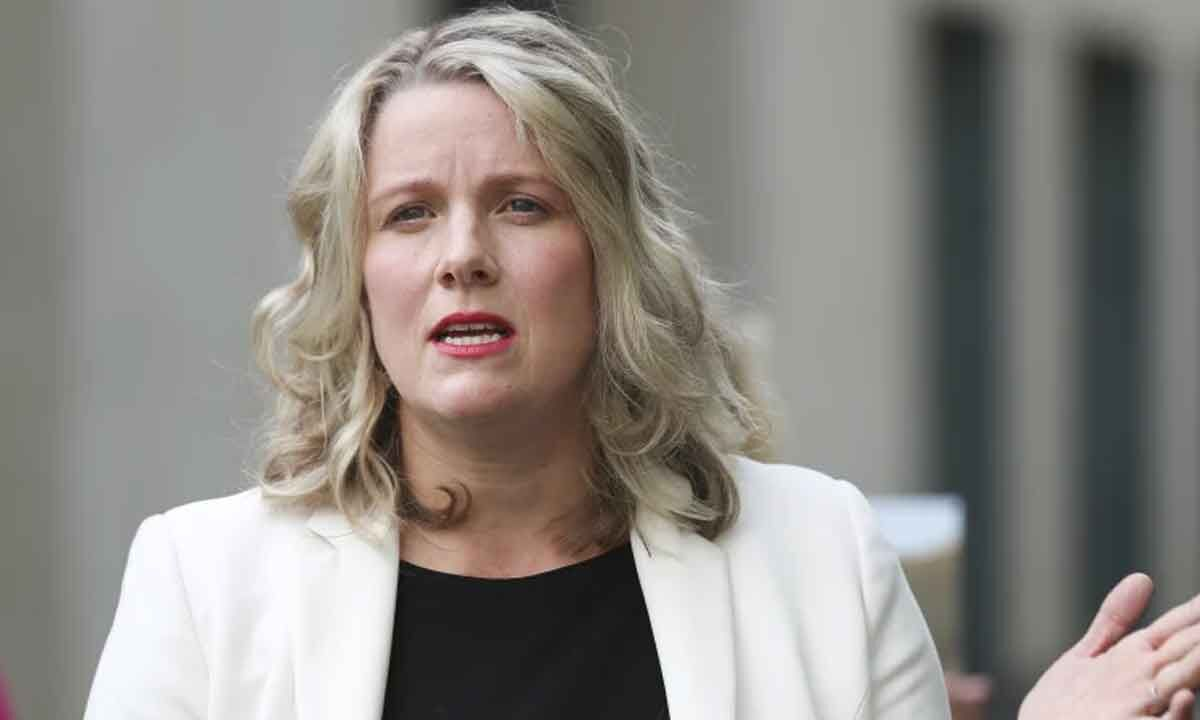
In a significant policy shift, Australia's government has terminated its Significant Investor Visa (SIV) program, commonly called the Golden Visa. This program previously allowed affluent foreign investors to gain Australian residency by fulfilling specific investment criteria and meeting established requirements.
Reasons for Scrapping the Golden Visa

Clare O'Neil, the Home Affairs Minister, articulated that this decision marks a departure from a flawed system, a legacy of the administration led by former Prime Minister Julia Gillard, who introduced this scheme in 2012. As reported by VisaGuide.World, O'Neil emphasised that the SIV had long been under scrutiny for its ineffectiveness in serving the nation's economic and migratory needs. She asserted, "It has been obvious for years that this visa is not delivering what our country and economy need from a migration system. The investor visa is one of many aspects of the system we are reforming to create a system that delivers for our country."
What was the Business Innovation and Investment Visa Program?

The Business Innovation and Investment Visa (BIIV) program, under which the SIV operated, was designed to attract foreign investors, business proprietors, and entrepreneurs, bolstering Australia's financial growth. The BIIV encompasses two subclasses: the Business Innovation and Investment (Provisional) Visa (Subclass 188), which is temporary, and the Business Innovation and Investment (Permanent) Visa (Subclass 888), offering permanent residency.
The Subclass 188 visa enables explicitly international individuals to own and manage a business in Australia for four years without providing a permanent residency option. This subclass is divided into various streams: Business Innovation, Investor, Significant Investor, Premium Investor, and Entrepreneur.
Conversely, the Investment (Permanent) Visa (Subclass 888) is a permanent alternative to Subclass 188. Eligibility for Subclass 888 requires individuals to have previously held a Subclass 188 visa for a specific period and fulfilled the necessary conditions. It offers a direct path to permanent residency for those who have successfully made a qualifying investment, established a business, or met other requirements under Subclass 188.
A striking aspect of the SIV scheme is that a substantial majority, approximately 85%, of these visas have been awarded to Chinese nationals, according to government data. This statistic highlights China's significant interest and investment in the Australian economy through this program.
Reactions to the Scrapping of the SIV Program

The decision to end the SIV program has garnered support from various quarters, including Clancy Moore, the Chief Executive of Transparency International Australia. As per a BBC report, Moore criticised the scheme for enabling corrupt officials and kleptocrats to misuse these visas to transfer and conceal illicit funds in Australia, potentially involving proceeds from criminal activities.
Furthermore, the BBC report highlights the broader concerns regarding Residency and Citizenship by Investment schemes (RBI/CBI) globally. These programs, offered in several European Union countries, have been scrutinised for their susceptibility to misuse for money laundering, tax evasion, and other illicit activities. This concern is echoed in recent reports from the Financial Action Task Force and the Organisation for Economic Co-operation and Development (OECD).
In a related development, the United Kingdom terminated a similar fast-track residency program in 2022 targeted at wealthy international investors, aligning with a growing global trend towards reevaluating and reforming investment-based residency schemes.
FAQs
Can I get a refund for my SIV application fees?
Refunds are only available for SIV applications submitted after the program's closure.
Does this decision affect existing permanent residents granted through the SIV program?
No, the abolishment does not impact the residency status of individuals who obtained permanent residency through the SIV program.
What are the long-term implications of this policy shift for Australian immigration?
The Australian government aims to attract skilled migrants who contribute directly to the economy. This shift signifies a focus on building a sustainable and future-proof migration system that aligns with national priorities.
Secure Your Australian eVisa
Step1: Fill out the digital application form with your passport information.
Step2: Securely proceed with your payment using a credit card on our protected online platform.
Step3: Keep an eye on your email for payment confirmation and the electronic delivery of your eVisa.
